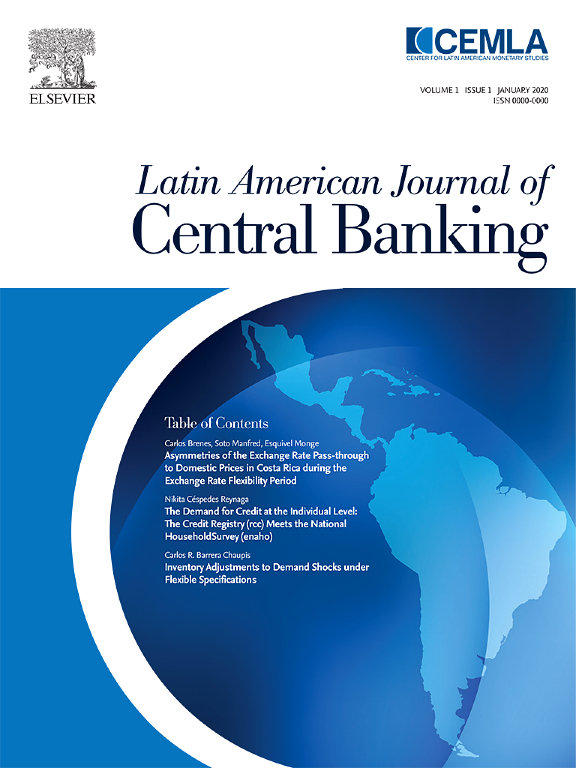
Lo más reciente
Supply shocks bring about important dilemmas for monetary policy in emerging economies. We compute monetary policy responses to supply shocks using quarterly data and a Bayesian panel VAR for 24 emerging economies during the period 2004–2019. In this framework, we identify supply shocks as unexpected and temporary total factor productivity innovations which are orthogonal to demand related shocks. We highlight three results from this econometric exercise. First, monetary policy is, in average, procyclical in emerging economies after temporary supply shocks. Second, monetary policy is more procyclical in fixed than in flexible exchange-rate regimes. Third, monetary policy is more procyclical in economies with a higher degree of financial openness. The latter result is a central dilemma for emerging economies during supply shocks, since it implies that financial openness prevents less procyclical monetary policy reactions due to the trade-off between exchange rate and income volatility.
